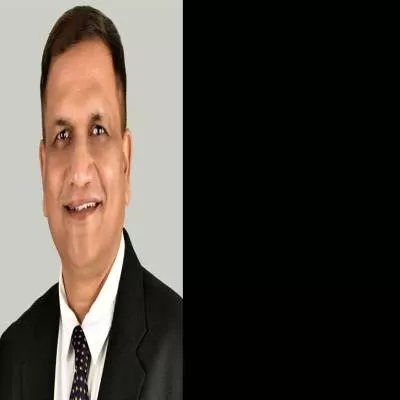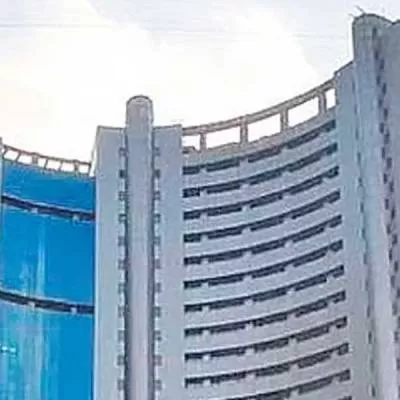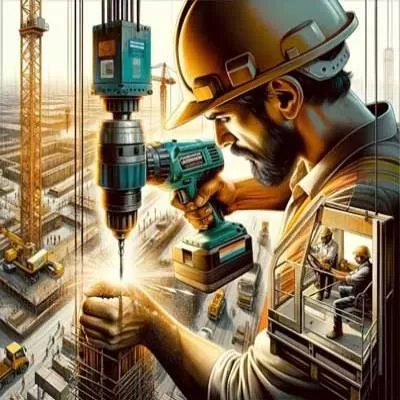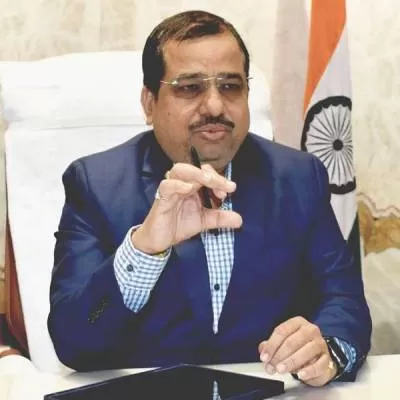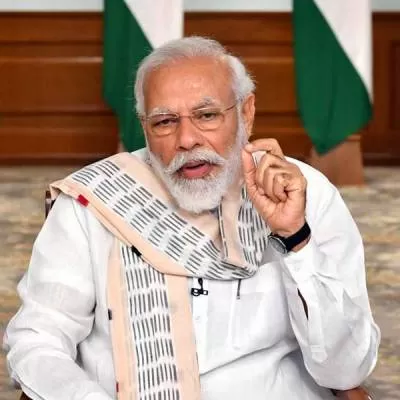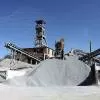- Home
- Real Estate
- India rejects phase-down of HFC gases
India rejects phase-down of HFC gases
While the smart and green approach continues to be the way forward for most of India, the country has been rejecting the Montreal Protocol´s move of the phase-down of hydrofluorocarbon (HFC) gases. The reasons: concerns over cost and availability of technology.
The Montreal Protocol, held this month, has been designed with an aim to protect the ozone layer by phasing out production of gases responsible for ozone depletion, which includes HFC, a major component used in production of HVACs (heating, ventilation, and air-conditioning). That said, accepting the international norms for India would mean replacing HFC gases with greener options that are expensive and would thus affect the prices of end-products.
The concern
There was a time when chlorofluorocarbons (CFCs) were popular, which were later replaced by hydrochlorofluorocarbon (HCFC). Moving further, HCFC was replaced by HFC. ¨The next in line would be HCs (hydrocarbons), which is a natural component including propane, butane, etc,” informs Arvind Surange, Chairman and Managing Director, ACR Projects Consultants, a leading HVAC consultancy based in Pune. “These gases are already in use in European countries. In India, we are still working on HFCs. The Protocol might take a decision to phase out HFC.”
"As consultants, we always hope to work for sustainable cooling systems; this means the gases used should have less ozone depletion potential (ODP) and global warming potential (GWP)," affirms Surange.
No Indian participation
The Montreal Protocol will see no participation from the Indian government, thus making it clear to the world that the country will not adhere to the norms confirmed during the Protocol. This stand has been supported by the Indian Society of Heating, Refrigerating and Air-Conditioning Engineers (ISHRAE) and the Bureau of Energy Efficiency (BEE).
"We support the Indian Government´s stand as the decision is helpful to the climatic conditions of India as well the economic conditions of the Indian market," says Nirmal Ram D, National President, ISHRAE. "We might take a couple of years to adhere to those norms as they are according to the standards of a developed country. Surange backs this view, saying, "With regard to Indian climatic conditions vis-à-vis the HVAC market, what the BEE would do will be considered the best."
However, HVAC manufacturers feel the need to mark Indian’s presence in the Protocol. "As manufacturers, we would like to request the Government to at least send a team of delegates to participate in the Protocol,” says Gurmeet Singh, Senior Vice-President - Marketing, Hitachi Air Conditioning.
Market views
Demanding immediate change of HFC gases, however, is a matter of concern for manufacturers as increasing product penetration still remains a prime concern.
"At present, HVAC penetration is just about 4 per cent compared to other countries such as Europe or Japan where it is 6 per cent," points out Singh. “If change in technology is demanded, the price of production will increase, which in turn will increase end prices of products. How do we expect higher penetration with expensive products? Export of HVACs isn't a big market; hence, we are not at an disadvantage if we do not adhere to the international norms."
"As far as market consumption within India is concerned, we still govern our own laws, unless there is an agreement on a timeline set by the protocol," says Surange. “However, the export scenario depends completely on how many countries that we export to adhere to norms set by the conference. Then, we can expect the market to be affected. However, if they do not agree to those norms just like India, the export will still be on."
Safeguarding the domestic HVAC industry has prompted India’s rejection of the phase-down of HFC gases mandated by the Montreal Protocol. - Mumbai Bureau While the smart and green approach continues to be the way forward for most of India, the country has been rejecting the Montreal Protocol´s move of the phase-down of hydrofluorocarbon (HFC) gases. The reasons: concerns over cost and availability of technology. The Montreal Protocol, held this month, has been designed with an aim to protect the ozone layer by phasing out production of gases responsible for ozone depletion, which includes HFC, a major component used in production of HVACs (heating, ventilation, and air-conditioning). That said, accepting the international norms for India would mean replacing HFC gases with greener options that are expensive and would thus affect the prices of end-products. The concern There was a time when chlorofluorocarbons (CFCs) were popular, which were later replaced by hydrochlorofluorocarbon (HCFC). Moving further, HCFC was replaced by HFC. ¨The next in line would be HCs (hydrocarbons), which is a natural component including propane, butane, etc,” informs Arvind Surange, Chairman and Managing Director, ACR Projects Consultants, a leading HVAC consultancy based in Pune. “These gases are already in use in European countries. In India, we are still working on HFCs. The Protocol might take a decision to phase out HFC.” "As consultants, we always hope to work for sustainable cooling systems; this means the gases used should have less ozone depletion potential (ODP) and global warming potential (GWP)," affirms Surange. No Indian participation The Montreal Protocol will see no participation from the Indian government, thus making it clear to the world that the country will not adhere to the norms confirmed during the Protocol. This stand has been supported by the Indian Society of Heating, Refrigerating and Air-Conditioning Engineers (ISHRAE) and the Bureau of Energy Efficiency (BEE). "We support the Indian Government´s stand as the decision is helpful to the climatic conditions of India as well the economic conditions of the Indian market," says Nirmal Ram D, National President, ISHRAE. "We might take a couple of years to adhere to those norms as they are according to the standards of a developed country. Surange backs this view, saying, "With regard to Indian climatic conditions vis-à-vis the HVAC market, what the BEE would do will be considered the best." However, HVAC manufacturers feel the need to mark Indian’s presence in the Protocol. "As manufacturers, we would like to request the Government to at least send a team of delegates to participate in the Protocol,” says Gurmeet Singh, Senior Vice-President - Marketing, Hitachi Air Conditioning. Market views Demanding immediate change of HFC gases, however, is a matter of concern for manufacturers as increasing product penetration still remains a prime concern. "At present, HVAC penetration is just about 4 per cent compared to other countries such as Europe or Japan where it is 6 per cent," points out Singh. “If change in technology is demanded, the price of production will increase, which in turn will increase end prices of products. How do we expect higher penetration with expensive products? Export of HVACs isn't a big market; hence, we are not at an disadvantage if we do not adhere to the international norms." "As far as market consumption within India is concerned, we still govern our own laws, unless there is an agreement on a timeline set by the protocol," says Surange. “However, the export scenario depends completely on how many countries that we export to adhere to norms set by the conference. Then, we can expect the market to be affected. However, if they do not agree to those norms just like India, the export will still be on."


